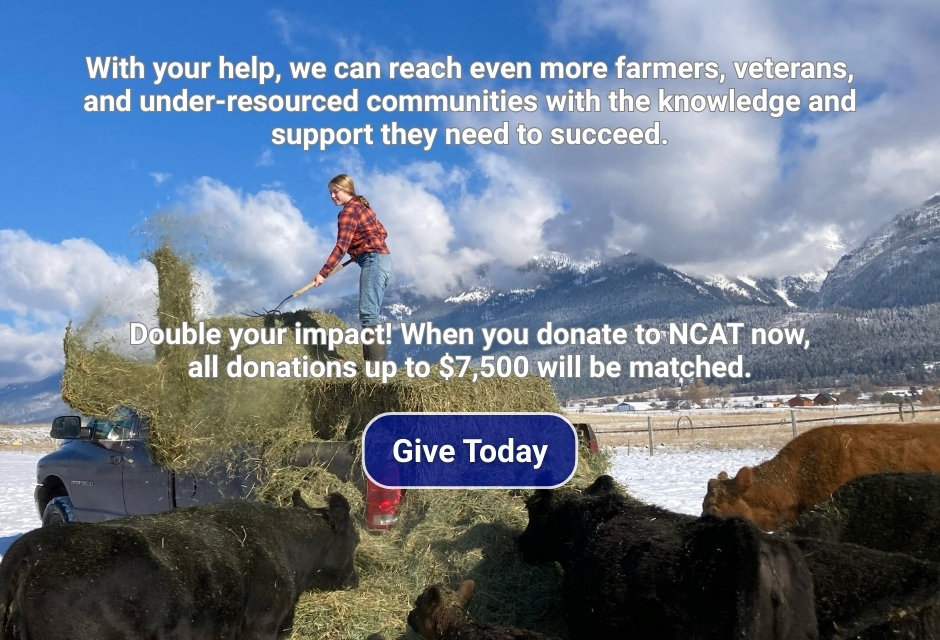Farmer Well-Being: A Happy Farmer Is a Productive Farmer
 Print This Post
Print This Post
By Justin Duncan, NCAT Agriculture Specialist
For the last few years, I have been working with a few great organizations on a different sort of project for me. Normally, I help farmers improve their productivity by teaching them to look at their land differently, to bring out potential they hadn’t thought about and by working with Nature to create the profits they need. This project, however, was not about the land’s productivity but instead focused on farmer well-being. In the U.S. Army, they taught us during training that “a busy Private was a happy Private,” and I would transmogrify that into a new statement: A happy farmer is a productive farmer. Are our farmers happy, though?
I recently spoke to Dr. Smolski, North Carolina State University (NCSU), about the project in an ATTRA podcast, and he had some interesting things to say. Dr. Smolski is a postdoctoral research scholar in NCSU’s Department of Agricultural and Human Sciences at North Carolina State University. Nearly three years ago, he was brought on board by Dr. Michael Shulman, and he began studying how farm stress influenced the treatment of livestock.
Rural Advancement Foundation International-USA (RAFI-USA), was subsequently funded by Southern Sustainable Agriculture Research and Education (SARE) to collaborate with several universities including NCSU where Dr. Smolski works, several nonprofits, and farmers. It was a community supported effort, with farmer collaborators involved in each step of the project. RAFI-USA is a farmer service organization in North Carolina, based in Pittsboro. They focus on farm financial crisis, issues related to contracting and farming policy advocacy and they also focus on racial equity in farming. They have a farmers of color network that has grants to support infrastructure development. They do a lot to support farmers, typically on the smaller scale side of farming.
The project, Navigating Financial and Mental Health Crisis, sought to understand how farmers are accessing resources around finances, stress management, and farming practices, as well as how they navigated through financial crisis, including the tools, strategies, and information they accessed to get through that financial crisis, and then what kind of wisdom they would like to share about the challenges they faced. This project also endeavored to understand experiences of race-based distinctions for farmers going through of financial crisis and how we could make more culturally relevant materials deals for farmers. Based on some surprising findings of the research, this hypothesis bore some strange fruit that Dr. Smolski details in the podcast.
One finding that I did not expect in the United States is that almost half of the interviewed farmers were experiencing some level of food insecurity. As an agriculture professional, this is a sobering statistic and a most alarming realization, and I hope this project can change that. Dr. Smolski and Dr. Schulman have produced a report detailing their findings. RAFI-USA and Farm Aid have resources on their websites and ATTRA is rolling out a new interactive and searchable tool concise, user-friendly resource list for farmers to find needed resources addressing financial crisis, legal needs, mental health, and more. Come check it out!
Related ATTRA Resources:
Episode 274. Study Explores the Effects of Stress on Farmer Well-Being
Helping Farmers in Financial Crisis
Farm Stress and Emotional Well-Being, Part I
Farm Stress and Emotional Well-Being, Part II
Other Resources:
Farmers Perceptions of Information and Resources for Navigating Economic Hardship and Stress
This blog is produced by the National Center for Appropriate Technology through the ATTRA Sustainable Agriculture program, under a cooperative agreement with USDA Rural Development. This publication blog was also made possible in part by funding from the USDA’s National Institute of Food and Agriculture, Farm and Ranch Stress Assistance Network (FRSAN), projects 2019-70028-30464 and 2020-70028-32729. ATTRA.NCAT.ORG.


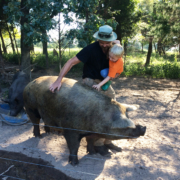
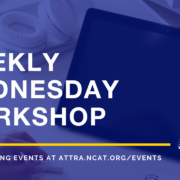
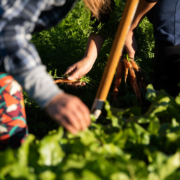 USDA
USDA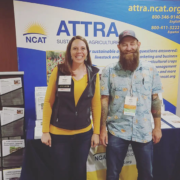
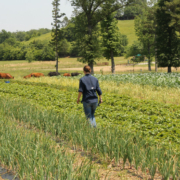

 CanvaPro
CanvaPro
